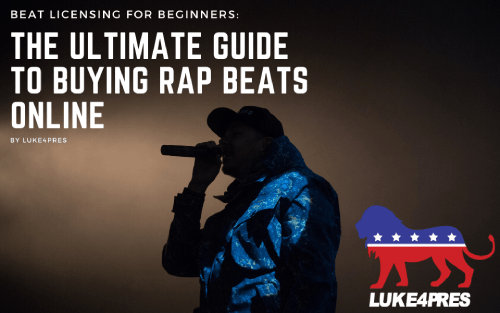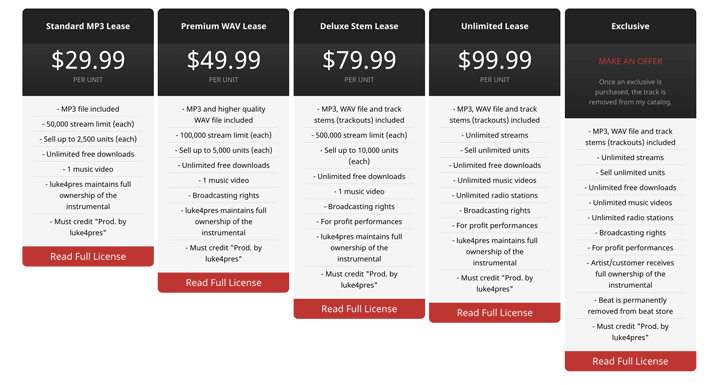The act of buying beats online has seen a sharp popularity spike in recent years as the internet and technology continue to democratize the music landscape. It’s never been easier for an unknown artist to create and distribute professional quality music without a huge investment or any help from a label.
For less than a thousand dollars, an aspiring rap artist can purchase beats online, record a project in an increasingly affordable home studio set up, and upload their music to Spotify to be heard by the masses. That’s exaclty what rapper Lil Nas X did, turning $30 beat lease from Beatstars into the number one song in the country with Old Town Road.
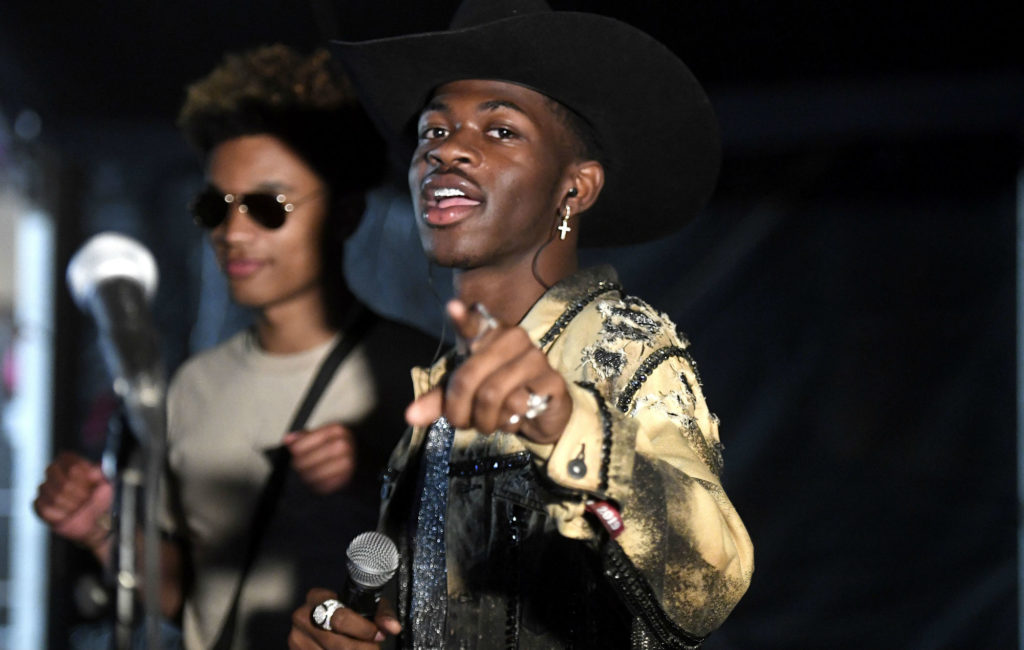
It sounds simple enough, but if you have any experience at all, I think you’d agree, the process of buying beats online can be pretty confusing. Should you buy the exclusive rights or a non-exclusive lease? What does non-exclusive even mean? WAV file or MP3? What’s the difference? These questions and many more can easily cause analysis paralysis for many would-be rappers, stopping them in their tracks and rendering their musical aspirations as little more than a pipe dream. But here’s the good news:
Buying beats online can be easy:
Buying beats online doesn’t have to be a headache. With just a little research, you can arm yourself with all the knowledge you need to make savvy purchasing decisions. This will put you in a position to further your career as a recording artist. And since you’re reading this article you’re already on the right track in that regard.
In this post, I intend to cover all aspects of online beat licensing and leave you with a stronger understanding of the product, the process, and the intangibles. Let’s dive in.
The Different Types of Beat Licenses and Which Ones Benefit Artists The Most:

Typically, beat licensing options from an online marketplace like Beatstars or Airbit or from a producer’s website fall into two categories: exclusive and non exclusive, with the latter usually having a number of sub categories. We’ll cover both in depth.

Non Exclusive Beat Leases
What’s important to establish from the jump is that when you purchase a non-exclusive beat lease (or license; the terms are interchangeable), you are not actually buying the beat. You are simply buying the right to use the beat in a limited capacity. The producer retains full copyright ownership over the composition and is allowed to continuously sell non-exclusive licenses of that same beat to other artists until someone purchases the exclusive rights to the beat. At that point, the beat can no longer be distributed and ownership rights are granted to the purchaser.
But what if you purchased a non-exclusive license and then later on, someone purchases the exclusive? Do you have to take your music down? Luckily, the answer is NO! The purchase of exclusive rights to a beat does not impact the status or validity of previous licensees. This means your music can remain posted wherever you have it for the full term of your lease agreement.
As I mentioned above, non-exclusive beat leases come with various limitations. These vary from license to license, producer to producer, but typically, the more expensive the license, the more robust your usage rights are. Most of these limits involve a cap on the number of copies you can sell or the number of streams your song can generate before you would need to upgrade your license. Most producer’s websites have a pricing table with a breakdown of the major stipulations of each license they offer so you can easily figure out what option would be best for you.
Here’s my pricing table:
Regardless of which license you choose, it’s always a good idea to take the time to READ THE FULL CONTRACT. You need to know exactly what your rights are. Again, these will be different from producer to producer. If you have any questions, reach out to the producer directly. He/she will surely be happy to give you a more detailed breakdown to get the deal done.
Exclusive Licenses
If you buy the exclusive rights to a beat, you’re given unlimited usage rights to the master (your song). The beat will also be removed from the producer’s website, no longer available for purchase in any form.
The exact definition of “exclusive” varies from producer to producer. However, the typical breakdown involves a 50/50 split sheet with the producer retaining copyright ownership over the music that they created. The publishing split is something to be negotiated and will vary from producer to producer. The industry standard is that the producer should get 50% of the publishing. Most of the time, a producer will offer a reasonable split that is beneficial for both parties. This needs to be worked out individually and it is always advisable to consult with an entertainment lawyer if possible. If you’re unclear on the whole publishing thing, Tunecore has a solid breakdown of how it works that you can check out here.
So which is better for the artist?
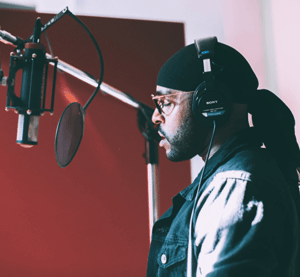
It depends. If you’re an established artist and you fall in love with a beat, know you can make a hit with it, and can’t imagine hearing someone else on the beat, then you should definitely consider purchasing the exclusive rights.
However, if you’re a newer artist working on your first project, leasing the beat might be the way to go. It’s significantly cheaper than buying exclusive rights and you can always upgrade your license if the song you make begins picking up steam.
File Types And Which Will Give You The Most Bang For Your Buck
When buying beats online, there are typically three forms available: MP3, WAV, and the tracked out stems.
MP3 Files
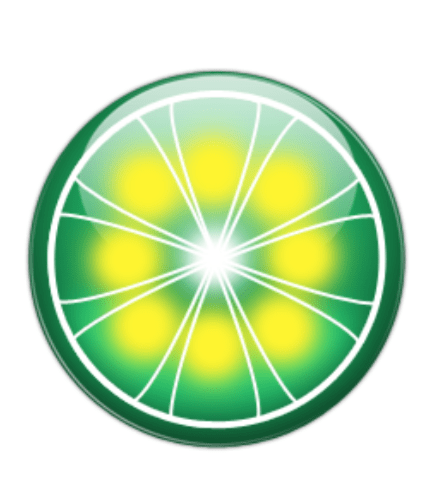
If you’ve ever downloaded a song from iTunes (or if you’re old like me, Limewire) you know what an MP3 is. This is usually the cheapest purchasing option on a producer’s website and as the old adage goes, you get what you pay for. The reason that the MP3 is the cheapest option is because it’s the lowest quality audio file. Professional songs are never recorded using this file type.
If money is super tight, an MP3 lease is an acceptable option to get your feet wet (which is why I still offer that option in the beat store on my website) but I personally would never recommend it. If you’re at all serious about making a splash in the music business, you’re going to want your music to sound as professional as possible. You only get one shot at a first impression as they say, and you don’t want your voice or your beat to sound low quality and amateurish.
That’s why when at all possible, I recommend spending a little more and getting the higher quality WAV file, or ideally, the tracked out stems.
WAV Files
A WAV file is a bigger, higher quality audio file compared to an MP3. WAV files are the music industry standard for recording. Usually beat licenses that include the WAV file are slightly more expensive than an MP3. They also come with more robust usage rights. These added benefits make the WAV license preferable to artists.
Tracked Out Stems
If you purchase tracked out stems of a beat, you are purchasing the individual sounds within the beat delivered as their own audio files. This allows each instrument to be individually adjusted. So if you absolutely hate the way I mixed the snare, here’s your opportunity to go in and tweak the different sounds in a beat to your liking.
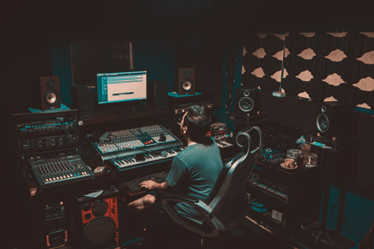
If you’re planning on recording your song in a professional studio, you’re definitely going to want to purchase the stems to the beat you’re interested in. That way, the mixing engineer will have the most control and be able to make sure your vocals sound the best they possibly can. 99.9% of the time, the songs you hear on the radio were recorded and mixed using the stems as opposed to a single WAV file or God forbid an MP3.
Beat licenses that include the tracked out stems are typically the most expensive. However, they also usually have more usage rights. That makes this lease type the most ideal if it fits your budget.
“Free” Beats Explained
If you’ve spent any time browsing for beats on YouTube, then you’ve undoubtedly seen videos titled something along the lines of [FREE] Drake Type Beat – “Tears” (prod. by Yung Such n Such). What does this mean and why would a producer give out their hard work for free? Well as you probably guessed, nothing is ever really free in life.
There are a number of reasons producers utilize this strategy. First off, including “FREE” in the title of their YouTube videos is an age old form of click bait. It’s used in the hopes of increasing the likelihood of you clicking on their video to check out their music. Then, when you get to their page, the first thing in the description is a link to purchase the beat. What gives? Well, a lot of producers actually do offer free versions of certain beats on their websites.
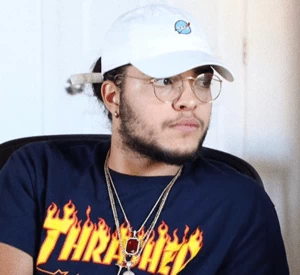
Beatstars even has a great feature where you can make a beat available for a free instant download in exchange for a follow on the social media platform of the producer’s choice. Famed YouTube-turned industry producer CashMoneyAp has credited this strategy with helping him gain a massive following on Twitter.
Additionally, 99.9% of the time, the free beat you download will be a heavily tagged MP3 file. It definitely doesn’t sound professional to hear “PURCHASE YOUR TRACKS TODAY!” on your beat every 30 seconds when you’re trying to spit that hot fire.
The “cost” of Free Beats
To add insult to injury, with these “free beats,” (unless otherwise stated by the producer) you are not authorized to use them commercially. That includes uploading your song to streaming services. If you decided to YOLO it and post a “free” or illegally downloaded beat to such a service, be prepared for the potential repercussions. If the song gains any traction, expect the producer to come in hot. Your song could get taken down and the penalty for copyright infringement is hefty:
“In the United States, statutory damages are set out in 17 U.S.C. § 504 of the U.S.Code. At the discretion of the court, the damages that are on a basic level is between $750 and $30,000 per work, at the discretion of the court. Plaintiffs who are able to indicate can show willful infringement might be entitled to damages up to $150,000 per work.”
Thus, at the end of the day, if you’re feeling a beat, it’s better to be safe than sorry. Purchase a lease from the producer. You get to post the beat wherever you like without a worry, and the producer gets compensated for his/her hard work. The relationship with the producer gets off on the right foot and that opens the door to further collaborations in the future.
Buying beats online conclusion
Hopefully this guide has cleared up some of the confusion surrounding buying beats online. At the end of the day, you have a ton of options when it comes to where to get your beats. The most important thing is that you take action and start to make progress with your music career. The only way to make that progress is to take the initial step. Best of luck on your endeavors and I look forward to working with you!
Peace,
Luke aka luke4pres
